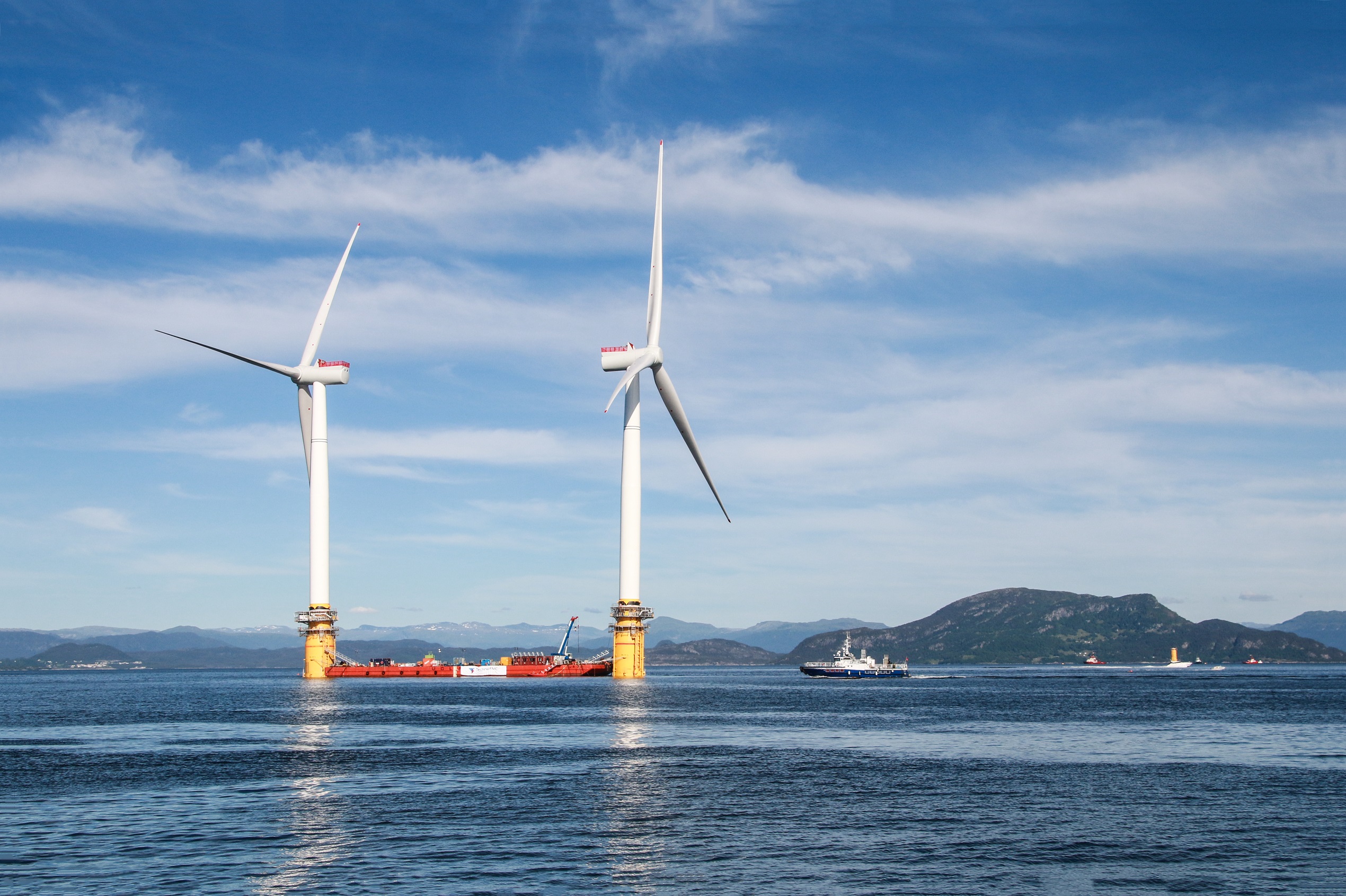Basque Law on Energy Transition and Climate Change
Published on 4th April 2024
On 12 March 2024, Law 1/2024 of 8 February on Energy Transition and Climate Change in the Basque Country was published in the Official State Gazette (BOE). This new law establishes the legal framework for achieving climate neutrality in the Basque Country

The new energy transition and climate change law: objectives and planning instruments
Last March 2024, the Law on Energy Transition and Climate Change of the Basque Country (the "LTECC") was published in the Official State Gazette, with the aim of establishing a stable legal framework to achieve climate neutrality and a fair energy transition by 2050. With this regulation, the Basque Autonomous Community accelerates the decarbonisation process and facilitates the alignment of the Basque Country with the rest of the state and European regulations and plans focused on achieving climate neutrality.
Climate neutrality, as defined in article 3 of the LTECC, is the scenario in which net greenhouse gas emissions are balanced and equal to or less than those eliminated through the planet's natural absorption. To this end, a series of goals have been established in the LTECC that refer to the prioritisation of energy saving and efficiency, the use of renewable energies and those that enable decarbonisation, guaranteeing the security and competitiveness of supply, economic development, the quality of employment and social welfare within the framework of a sustainable model. It also foresees the adaptation of the territory to strengthen resilience and the reduction of vulnerability to climate change; promoting the democratisation of energy, citizens' access to it in equity and solidarity and incorporating the gender perspective in the forums for reflection and decision making on energy transition and climate change.
This new law is divided into six chapters which regulate the aforementioned objectives and aims, as well as the system of governance of the energy transition and climate change for the administrations of the Basque Country, the planning instruments to make the objectives of the LTECC effective and measures to ensure the resilience of the Basque territory and society.
Regarding the governance system regulated in its second chapter, the LTECC creates various governance bodies and procedures focused on internal coordination within each administration as well as inter-institutional coordination to achieve the aims and objectives of the LTECC.
The LTECC continues with various planning instruments, including the approval of the Energy Transition and Climate Change Roadmap 2050 which, based on existing scientific and technological knowledge, will define the path to achieve climate neutrality and the resilience of the territory. This roadmap will outline the itinerary for meeting the targets set through energy transition and climate change strategies, with a maximum periodicity of one decade, including quantitative and sectoral objectives, as well as the actions, tools and resources needed to achieve them.
The additional provisions establish the deadlines for the approval of the various planning instruments provided for in the LTECC.
Renewable energy measures
With regard to the main renewable energy measures, we highlight the following:
- Objectives of increasing the production of renewable energies in the Basque Country, guaranteeing that this deployment is carried out in an orderly, planned manner and in accordance with the conservation of the environmental values of the territory. A final energy consumption of at least 32% is foreseen for the year 2030.
- Drafting and approval of the Territorial Plan for the Renewable Energy Sector in the Basque Country, which should serve to guarantee the orderly development of renewable energies, so that all agents involved in the process can manage the processing and implementation of projects with guarantees.
- At the territorial level, the different public administrations will approve, within their sphere of competence, regulations and management plans that, by promoting the use of renewable energies, including marine renewable energies, are compatible with balanced industrial and social development.
- Promotion of renewable installations for self-consumption and development of these technologies by the public administration. Specifically, the implementation of financing mechanisms and participation by the administrations in innovative projects is envisaged, accompanying private initiative or directly with their own investments. Similarly, there are also plans to encourage and promote the development and implementation of renewable electrical and thermal energy storage systems.
- Promotion of Energy Communities to bring the use of renewable energies closer to the most vulnerable areas and to encourage citizen participation in renewable technology projects.
- In order to advance in the process of decarbonisation of the economy, the generation of alternative fuels from renewable sources will be supported, taking into account their technical characteristics, their low environmental impact and their economic viability.
Cross-cutting instruments to facilitate compliance with the provisions of the LTECC
In order to comply with the provisions set out in the LTECC, its last chapter designs the cross-cutting instruments that allow the objectives of the law to be achieved. In this respect, the following stand out:
- Creation of the Basque Register of Energy Transition and Climate Change Initiatives, attached to the department responsible for energy and climate change. This register will consist of a section for the compulsory registration of the activities established by regulation and other sections for those organisations that voluntarily wish to publicise their climate action commitments.
- Identification of certain priority investments. Article 64 of the law states that various actions directly related to the promotion of renewable energies, such as energy storage, repowering of wind farms, hybridisation of renewable energy installations, energy communities, etc., will be considered priority and urgent investments for the purposes of planning, administrative processing and allocation of public aid.
- Creation of a renewable energy tax. The implementation on undeveloped land of generation facilities (wind farms and photovoltaic solar parks) will be taxed with a renewable energy fee for the adverse effects and impacts on the environment. The levy will come into force in 2025.
Should you wish to know more about the new regulatory and energy sector rules and their potential implications, please do not hesitate to contact one of our experts listed below or your usual contact at Osborne Clarke.






